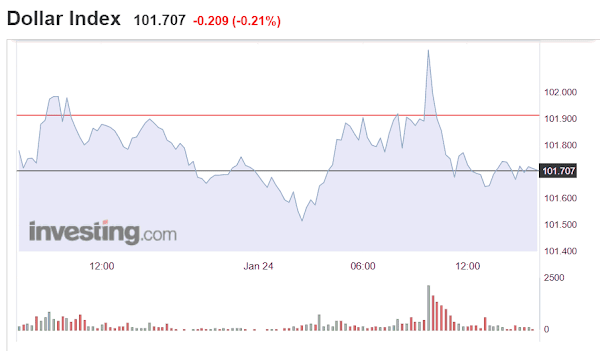"I am the gate. Those who enter through me will be saved, will come and go and find good pastures. The thief comes only to steal and kill and destroy. I have come that they may have life, and have it in abundance."
John 10:9-10
"Nothing is so strong as gentleness, nothing so gentle as real strength. Be patient with everyone, but above all be patient with yourself: do not get angry because you are angry, upset at being upset, depressed at being depressed, disappointed because you are disappointed. During the night we must wait for the light.
So don't fool yourself. Simply surrender to the power of God's love, which is always greater than our weakness. Do not be disheartened by your imperfections, but always rise up, with fresh courage, and continue on. You must persevere. By means of sorrow the enemy tries to make us weary of good works, but if he sees that we don't give up and in spite of his opposition they have become worthy, he will stop troubling us.
The whole world is not worth one soul.
Do not look for what may happen tomorrow; the same everlasting Father who cares for you today will take care of you tomorrow, and every other day. Either He will shield you from suffering, or will give you unfailing strength to bear it. Be at peace, then, and put aside all anxious thoughts and imaginations, and say continually: The Lord is my strength and shield; my heart has trusted in Him and I am helped. He is not only with me, but in me and I in Him."
Francis de Sales
"Beyond armies of occupation and the catacombs of extermination camps, there are two irreconcilable enemies in the depth of every soul: good and evil, sin and love. And what use are the victories on the battlefield if we are ourselves are defeated in our innermost personal selves?”
Maximilian Kolbe
I neglected to mention it yesterday, but the hedge fund Citadel turned in a record-breaking $16 billion in profit last year.
Citadel is the top player in the 'pay for order flow' innovation adopted by most of the retail brokerage firms.
Even though Citadel pays to take the orders from the brokerages, we are assured that its all a win-win for the small retail investors, and certainly the brokers who received roughly $3.8 billion in compensation.
When you don't know who the loser at the table is...
Stocks were wobbly all day, but voila, the futures shot into the green at the close on the release of Microsoft's financial results.
Cloud, artificial intelligence, yada yada.
Let's see what kind of guidance they give tomorrow morning on the conference call.
I'll be impressed when Robo-brain figures out how to stop spam phone calls and emails.
And how the heck no one seems to have vetted George Santos before letting him slip into the halls of highest power in the world's most exceptional country.
The Dollar slipped a bit.
Gold and silver turned in gains. No breakouts yet confirmed.
Precious metals are facing a short term gauntlet, with the option expiration on Friday and the FOMC midweek and Non-Farm Payrolls next Friday.
VIX fell a bit.
What us worry?
Have a pleasant evening.





















































